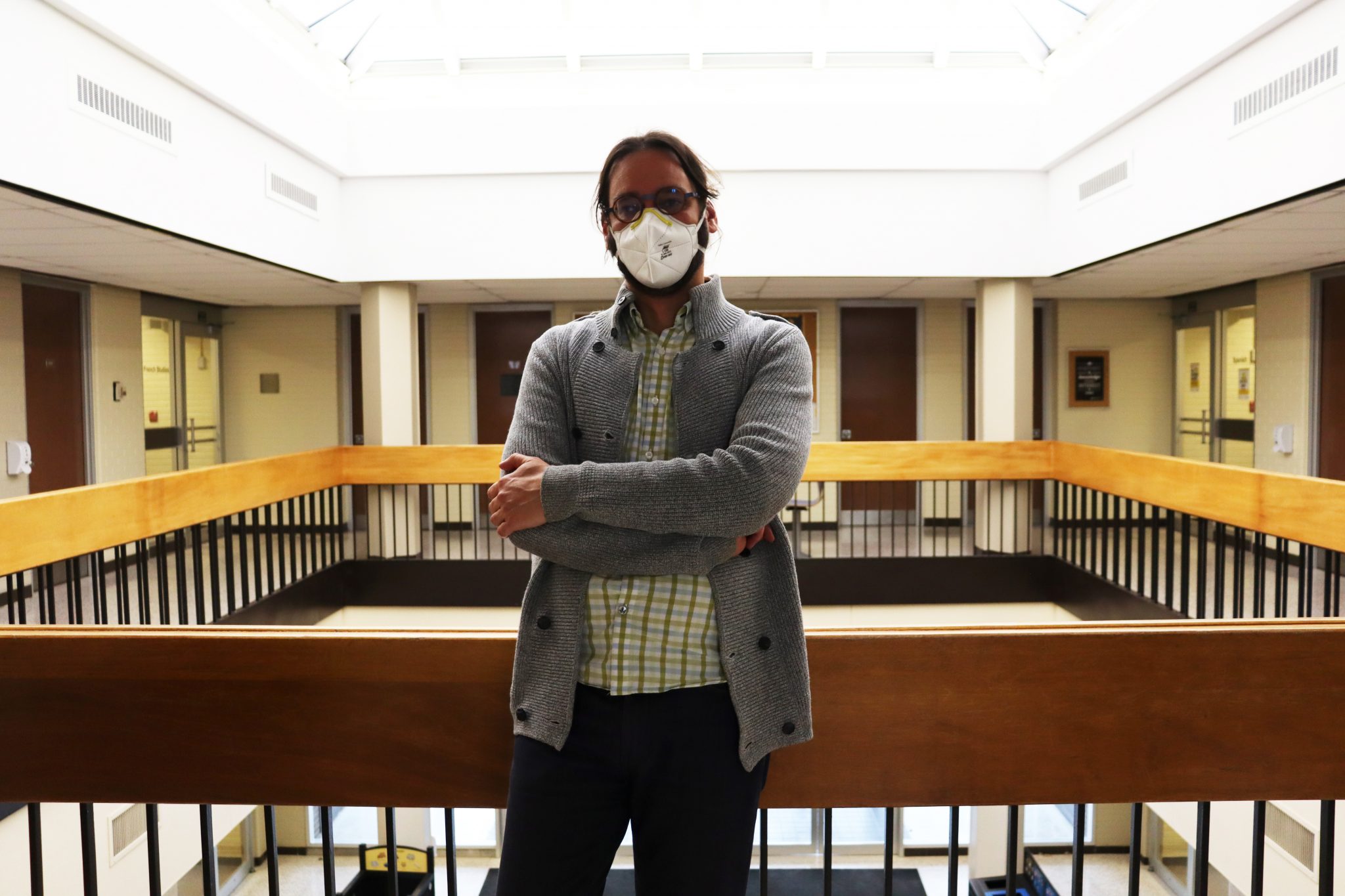The Latin American Film Festival concluded its third edition on Feb. 20. The festival featured five films that explore the rich and diverse cultures of Latin America and brought those stories to the region.
The festival was organized by the University of Waterloo’s Department of Spanish and Latin American Studies with support from the Kitchener Public Library and Pragda Films, a non-profit organization that promotes Spanish-language cinema across North America.
Mario Boido is an Associate Professor of Spanish and Latin American Studies at the university and one of the lead organizers for the festival. His path to becoming an educator and film organizer began while studying at the University of Calgary.
Originally from Argentina, Boido moved to Canada in the early 1990s. After graduating high school, he began studying computer science—until a course on Spanish literature changed his career path.
“I took a couple of Spanish courses and literature courses and thought, ‘wow, this is really cool’—and so it grew from there. It’s a great pleasure to study culture, to help make sense of culture and to introduce people in Canada to Latin American cultures,” Boido said.
Boido has used films in his classes to help explore the past and present of Latin American cultures. He said he wanted to expose more people to these films, but attaining the proper clearances was an issue. In 2020, Boido partnered with Pragda Films to make the festival possible.
“We were looking for a place to host it and we were thinking we could do it on campus. I had mentioned this to my wife, who is a Senior Library Assistant at Kitchener Public Library, and she connected us with Matt McKinnon who manages events there,” Boido said.
It was a natural fit for the shared mission of the festival and Kitchener Public Library to share culture and diversity. Matt MacKinnon, manager of events and live studio productions at Kitchener Public Library, said they are thrilled to be partners with the Latin American Film Festival.
“The festival is such a great opportunity to celebrate Latin American cinema and culture with excellent films that are not readily available locally. It’s great that we’re able to partner together and make this type of programming available to the community,” MacKinnon said.
Even with pandemic closures of public facilities, the Kitchener Public Library has continued to partner with the festival for its 2021 and 2022 editions. Boido said that attendance and feedback have been excellent. He added the festival has sparked conversations on Latin American cultures by showing that it is not a monoculture but a collection of diverse peoples. Boido said that the growing community of people in Waterloo Region from Latin American countries is helping to grow awareness of cultural and linguistic differences.
“That’s something that we actively promote—to show different aspects of what it might mean to be Latin American. We’re really looking to showcase the diversity of Latin American experiences,” Boido said.
The films chosen for the festival are also part of a course taught at the University of Waterloo. Boido hopes that audiences at this year’s festival and future festivals will continue to come away with a deeper appreciation and understanding for these cultures—and potentially an interest in learning more about the languages and cultures of Latin America.
“Latin America is not just about speaking Spanish. There is a multiplicity of languages that reflects a multiplicity of diversity of cultural experiences. It’s very useful for understanding coloniality and making sense of the Canadian experience in ways that you might not have thought of,” Boido said.
Visit uwaterloo.ca/spanish to learn more about the Latin American Film Festival and for updates on next year’s festival.




Leave a Reply